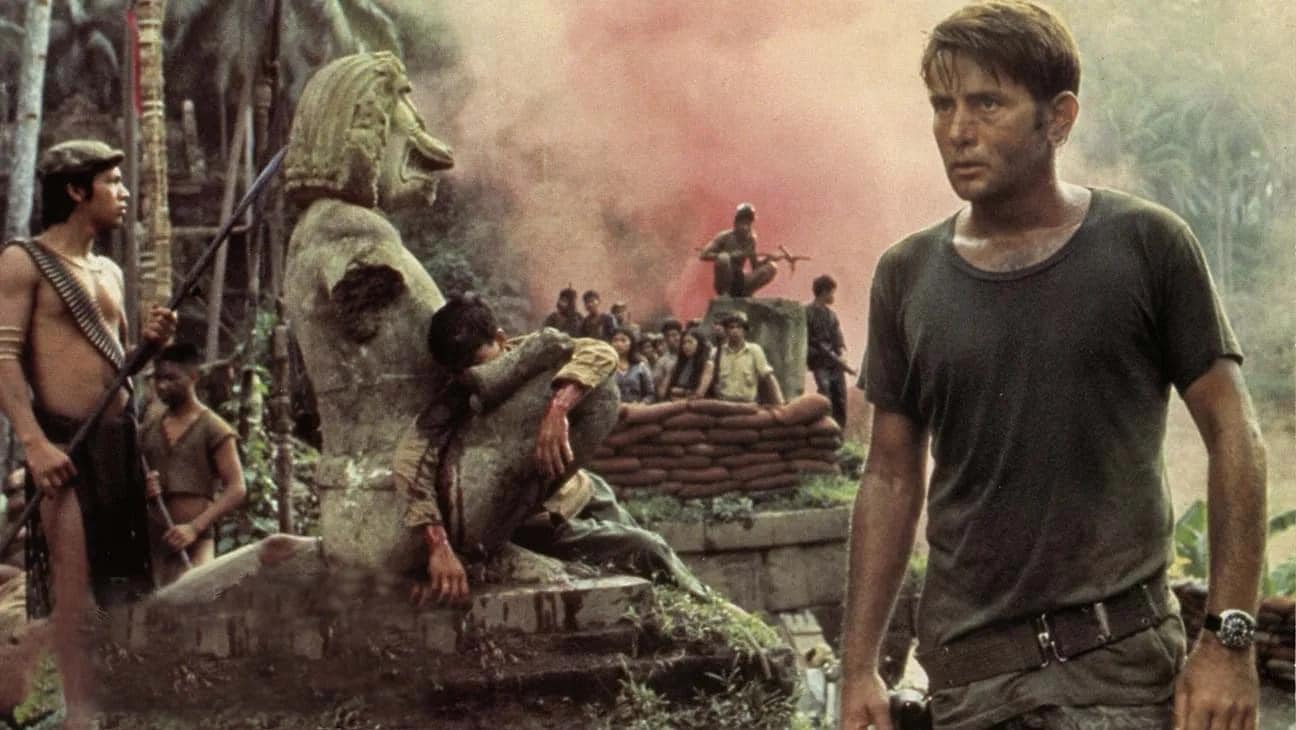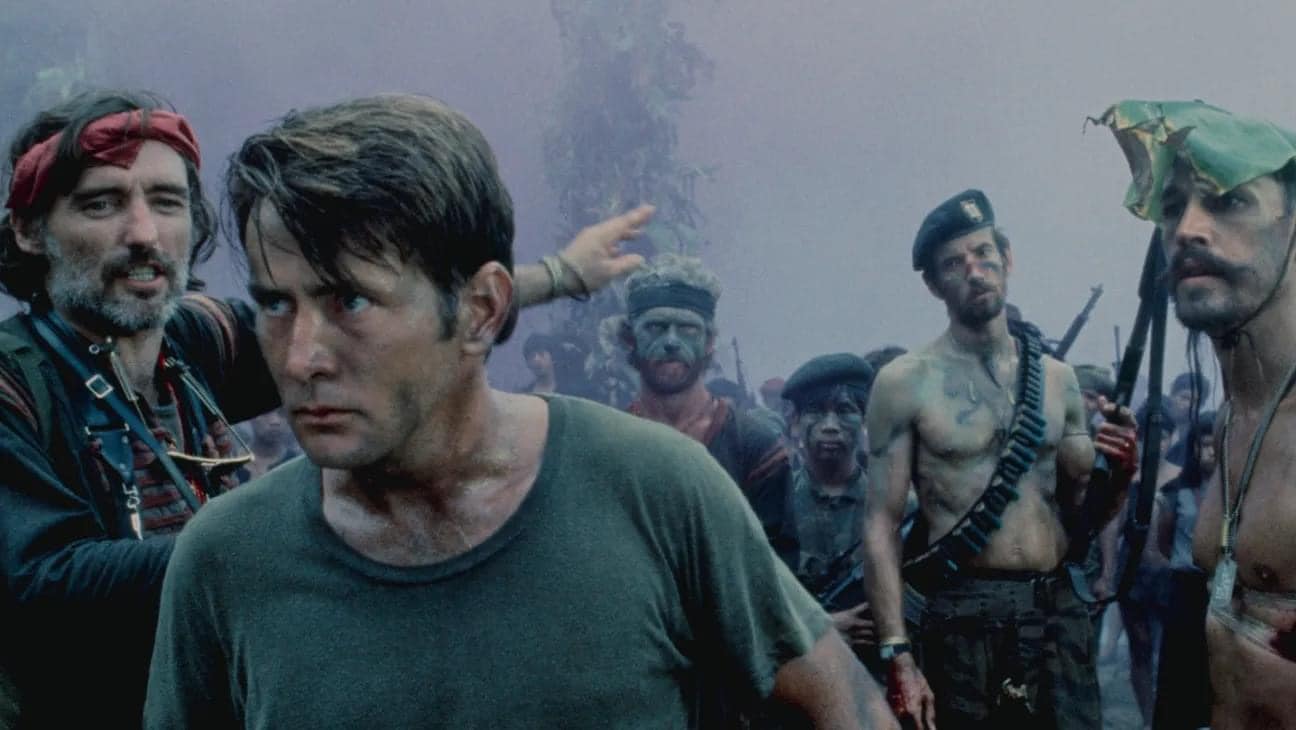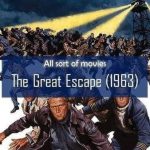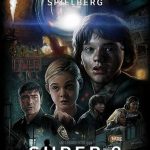Apocalypse Now 1979

Introduction
Francis Ford Coppola’s “Apocalypse Now” (1979) is more than just a film; it’s a powerful cinematic exploration of the human psyche and the madness of war. Inspired by Joseph Conrad’s novella “Heart of Darkness,” Coppola’s adaptation transposes Conrad’s tale from the Congo River to the Vietnam War, creating a visceral experience that captures the chaos and darkness inherent in conflict.
Plot Overview
Set against the backdrop of the Vietnam War, “Apocalypse Now” follows Captain Benjamin Willard (Martin Sheen), who is tasked with a covert mission to assassinate Colonel Walter Kurtz (Marlon Brando). Kurtz, once a decorated officer, has gone rogue and established himself as a demigod among the indigenous tribes in Cambodia. As Willard’s journey unfolds, he encounters the surreal and disorienting nature of war, ultimately leading him into the heart of darkness where Kurtz reigns.

Themes and Symbolism
- The Darkness Within: The film’s title, “Apocalypse Now,” evokes an immediate sense of impending doom and chaos. It reflects the internal and external apocalypse faced by the characters. The darkness is not only a physical reality but a metaphor for the moral and psychological disintegration experienced by those involved in war.
- The Madness of War: Coppola masterfully illustrates how war can unravel the very fabric of sanity. Characters like Kurtz and the deranged Lieutenant Colonel Kilgore (Robert Duvall) represent different facets of madness influenced by the relentless brutality of war. The film portrays how war strips away civility, exposing the primal instincts lurking beneath the surface.
- Corruption and Power: Kurtz’s descent into madness is a powerful commentary on the corrupting influence of unchecked power. His god-like status among the indigenous people and his moral detachment highlight how absolute power can distort an individual’s sense of reality and ethics.
- The Journey into the Abyss: Willard’s journey up the river is symbolic of a voyage into his own soul and the broader human condition. As he progresses deeper into the jungle, the line between civilization and savagery blurs, reflecting the psychological and moral journey each character undergoes.

Visual and Auditory Impact
Coppola’s use of stunning cinematography and a haunting soundtrack enhances the film’s immersive experience. The jungle’s dense, claustrophobic visuals and the ethereal score by Carmine Coppola and Francis Ford Coppola create a sense of disorientation and tension, drawing viewers into the surreal and nightmarish world of the Vietnam War.
Conclusion
“Apocalypse Now” remains a seminal work in cinema, offering a profound exploration of the human condition amidst the horrors of war. Through its compelling narrative, complex characters, and striking visuals, the film challenges viewers to confront the darkness that exists both in the world and within themselves. Coppola’s masterpiece is not just a film about the Vietnam War; it is a universal commentary on the depths of human depravity and the eternal struggle between civilization and chaos.











